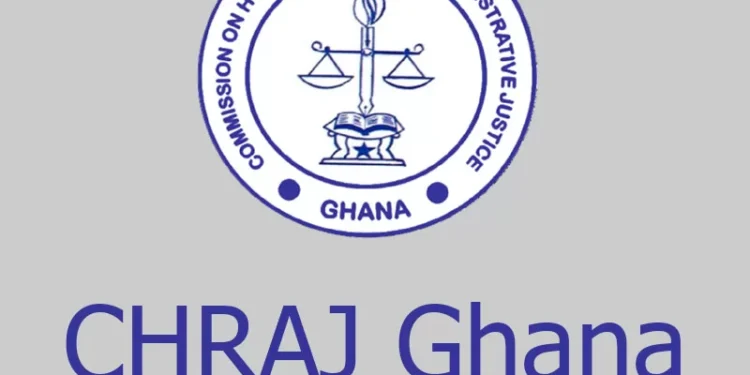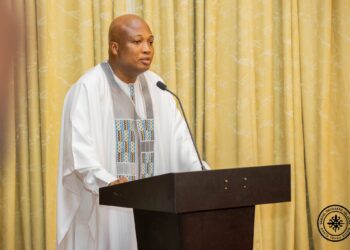In a significant call to action, the Tema Sub-Regional Office of the Commission on Human Rights and Administrative Justice (CHRAJ) has emphatically charged the government to ensure Ghana’s education reform aligns with global standards.
Emphasising the need for Ghana’s education system to meet international benchmarks, and ensuring students receive quality education and preparing them for a competitive global environment, CHRAJ urged the Ministry of Education to always consider the child’s best interests when formulating educational policies implemented by the Ghana Education Service.
This call comes on the heels of widespread criticism over the recent implementation of the Common Core Programme (CCP), which has been marred by inadequate teacher training, insufficient resources, and infrastructure challenges. Many stakeholders have expressed concerns that the new curriculum is not yielding the desired outcomes, with some students struggling to cope with the demands of the programme.
The controversy surrounding hairstyles in second-cycle institutions has also sparked heated debates, with many arguing that the strict guidelines infringe on students’ rights to self-expression and individuality.
CHRAJ’s emphasis on prioritising the child’s best interests could not be more relevant, as the commission’s stance may help to address such issues and promote a more inclusive and flexible education system.
According to John Ato Breboh, Deputy Chief Investigator, in an enlightening interview with Nana Asabea on Plan B FM’s popular social and lifestyle programme, “Nyansapɔ Fie”, “Policy formulation at the government level, particularly in the context of education, which is based on decisions made at the ministry level and then broken down into programmes and guidelines, should be guided by the influence of global frameworks, such as those from the United Nations, on national policies, and should prioritise the child’s best interests to meet international standards.”
CHRAJ’s call is also timely, given the ongoing debate about the double-track system, which has been criticised for overcrowding and inadequate facilities.
The commission’s emphasis on aligning education policies with global standards is seen as a step in the right direction, particularly in ensuring that Ghanaian students are competitive in the global job market
the point about hairstyles in second-cycle institutions, highlighting the need for flexibility and inclusivity in education policies.
By: Longman/Planbfmonline.com










Discussion about this post